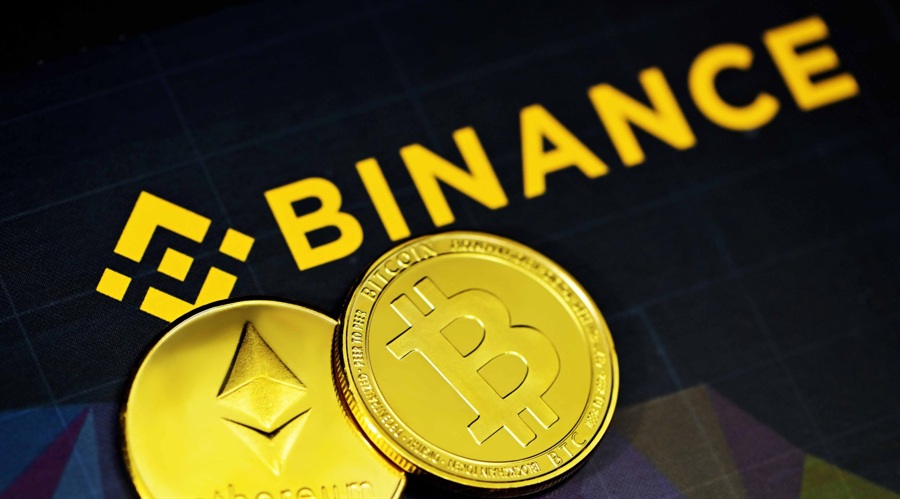
India’s Financial Intelligence Unit (FIU) has fined Binance, the world’s largest crypto exchange by volume, 188.2 million rupees (about $2.25 million) for violating the country’s anti-money laundering regulations. However, it remains unclear when Binance will resume operations in the country.
Binance’s Re-entry in India
Binance was one of nine foreign cryptocurrency exchanges operating in India, the access to which was blocked by the Indian FIU last December. The order even required Apple and Google to remove local access to these crypto exchanges from their application stores.
Under the existing rules in India, cryptocurrency exchanges need to register with the FIU as reporting entities and follow the local anti-money laundering rules. Furthermore, there are requirements to withhold taxes on crypto transactions and profits.
Among the blacklisted exchanges, Seychelles-based KuCoin was the first to comply with the Indian regulations, doing so within a month and paying a penalty of 3.45 million rupees. Although Binance did not make any official announcements, reports revealed that the exchange was planning to re-establish its operations in the country by paying a penalty.
Binance already registered with the FIU last May, which will allow it to resume its operations in India.
The Regulatory Troubles of Binance
Despite being the largest cryptocurrency exchange, Binance has faced regulatory backlash around the globe. Initially, the exchange expanded its operations across borders without focusing on local licensing, but it had to pivot from that strategy after a massive regulatory backlash.
Meanwhile, the Canadian anti-money laundering agency also fined Binance $4.38 million in May for violating local anti-money laundering rules. However, Binance appealed against that penalty, arguing that it did not direct its services to Canadian residents. Interestingly, the exchange had already announced its plans to exit the Canadian market in May 2023.
In the US, Binance’s woes were grave, as the global exchange was forced to exit the country after a settlement of $4.3 billion with the Justice Department. The exchange paid an additional $2.85 billion to the US commodities regulator. Furthermore, former CEO Changpeng Zhao pled guilty to violating one count of the Bank Secrecy Act and received a four-month jail term.
Recently, the US arm of Binance.com, Binance.US, also lost its money-transmitting license in seven states. Additionally, the exchange paused new onboarding in Connecticut, Georgia, Ohio, Minnesota, and Washington.
India’s Financial Intelligence Unit (FIU) has fined Binance, the world’s largest crypto exchange by volume, 188.2 million rupees (about $2.25 million) for violating the country’s anti-money laundering regulations. However, it remains unclear when Binance will resume operations in the country.
Binance’s Re-entry in India
Binance was one of nine foreign cryptocurrency exchanges operating in India, the access to which was blocked by the Indian FIU last December. The order even required Apple and Google to remove local access to these crypto exchanges from their application stores.
Under the existing rules in India, cryptocurrency exchanges need to register with the FIU as reporting entities and follow the local anti-money laundering rules. Furthermore, there are requirements to withhold taxes on crypto transactions and profits.
Among the blacklisted exchanges, Seychelles-based KuCoin was the first to comply with the Indian regulations, doing so within a month and paying a penalty of 3.45 million rupees. Although Binance did not make any official announcements, reports revealed that the exchange was planning to re-establish its operations in the country by paying a penalty.
Binance already registered with the FIU last May, which will allow it to resume its operations in India.
The Regulatory Troubles of Binance
Despite being the largest cryptocurrency exchange, Binance has faced regulatory backlash around the globe. Initially, the exchange expanded its operations across borders without focusing on local licensing, but it had to pivot from that strategy after a massive regulatory backlash.
Meanwhile, the Canadian anti-money laundering agency also fined Binance $4.38 million in May for violating local anti-money laundering rules. However, Binance appealed against that penalty, arguing that it did not direct its services to Canadian residents. Interestingly, the exchange had already announced its plans to exit the Canadian market in May 2023.
In the US, Binance’s woes were grave, as the global exchange was forced to exit the country after a settlement of $4.3 billion with the Justice Department. The exchange paid an additional $2.85 billion to the US commodities regulator. Furthermore, former CEO Changpeng Zhao pled guilty to violating one count of the Bank Secrecy Act and received a four-month jail term.
Recently, the US arm of Binance.com, Binance.US, also lost its money-transmitting license in seven states. Additionally, the exchange paused new onboarding in Connecticut, Georgia, Ohio, Minnesota, and Washington.

